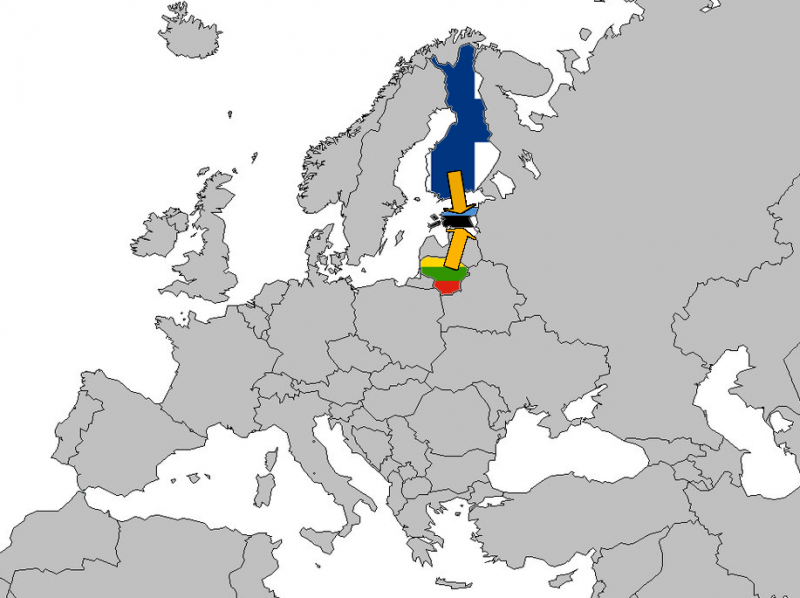Lithuanian and Finland student experiences in Estonia
This story is brought to you by Kalmer Marimaa, a lecturer at Tartu Health Care College.
At the beginning of November 2014 we held a group discussion with Erasmus+ international students in Tartu Health Care College. We had a round-table meeting with three international students (two from Lithuania and one from Finland), where also three of our staff members were involved (local Erasmus coordinator and two persons involved in Soulbus project). Those three students have been doing their practical training in Tallinn and Tartu hospitals since the end of August, or from the start of September. We were interested in their experiences and impressions.
They felt that they received a friendly welcome in their training places. Their mentors in hospitals were very helpful and trusted them. They had observation practice and very soon they were involved in practising different medical skills by themselves.
The only and main difficulty the students experienced was language skills. Most of their mentors knew English very well, but many of the hospital staff knew only Estonian, and/or Russian, but no English. As they practised in different shifts, then fortunately there were at least a few persons in every shift who spoke English, so they could get information and help when needed. Their mentors helped them to communicate with patients (translated, etc.). Sometimes they needed to approach patients by themselves, so basic knowledge in Estonian and Russian was helpful. Some patients knew English, and some even spoke, for example, Finnish, but mostly the patients knew only Estonian, and/or Russian.
The students made a few suggestions how to improve international student training: to have an intensive Estonian language course for incoming students, and to be sure that their local mentors (instructors) speak English. Also some knowledge in Russian is helpful when practising in Tallinn.
Overall, the students evaluated their practical training period as a very useful experience where they learned a lot about what is needed in their work in future.
